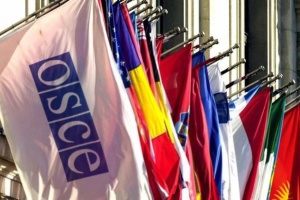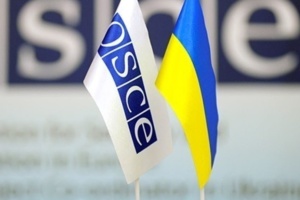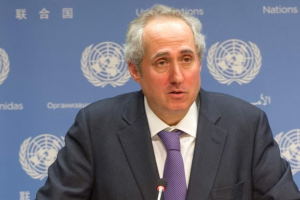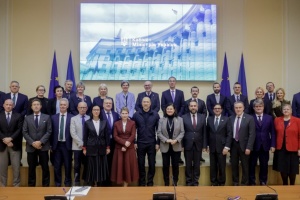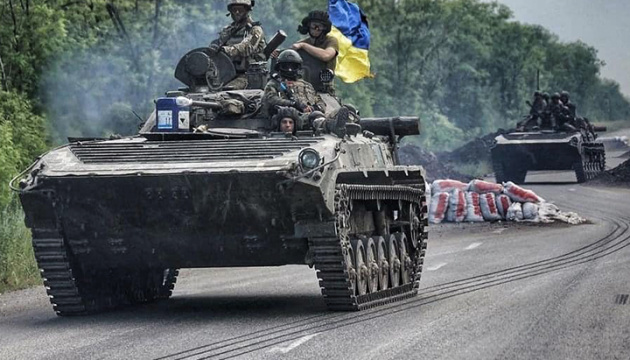
Ukraine in the process of building a new world order. Looking for a space in the coordinate system
According to historians, all wars of the humankind are similar, but at the same time they are completely different. It is worth acceding to this thesis, as the psychological paradigm of any war is the same. Friedrich Nietzsche had rightly added the answer to this question in one of his famous quotes: "Both the strongest and the weakest -- all seek one thing: to spread their power as far as possible."
It is about the banal intense desire for power, inherent in all living beings, which manifests itself under the conditions of finding an easy prey. It is worth adding that a great war occurs mostly under conditions when the thirst for power captivates primitive minds, infected with many complexes, incapable of reaching higher levels of self-realization.
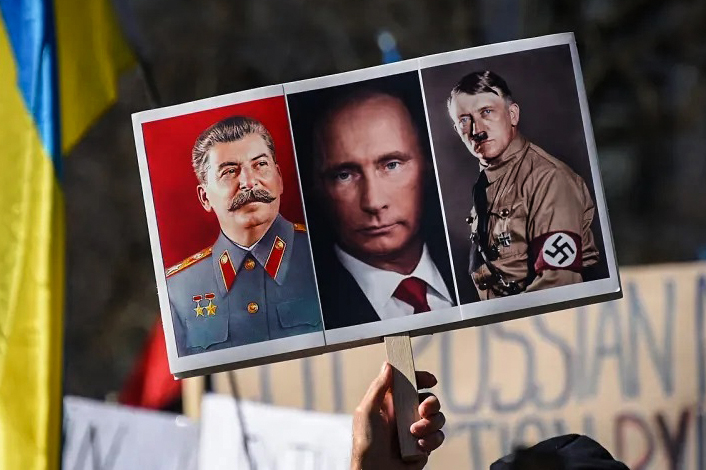
APPEASEMENT FOR THE SAKE OF CONVENIENCE OR PRIORITY OF STRENGTH
Herostratus, when they suddenly gain power, act in the same way: they follow the path of the greatest destruction of existence, considering it an extension of influence, so that they would be remembered. These are paranoid individuals who never stop. In this context, Tsar Ivan IV of Moscow, Peter I, Hitler, Saddam Hussein, Putin stand in the same row... All of these people were distinguished from others by their great mediocrity of thinking, obsessive ideas about unlimited autocratic power, hence the bloody format of self-realization.
One way or another, any great war has to do with a specific personality: both the Livonian War of Ivan IV, and the Northern War of Peter I with Sweden, and Hussein's invasion of the oil fields of Iran, as well as the use of chemical weapons against the inhabitants of Halabja -- these are all stories about the establishment of a personal dictatorship.
Issues of the formation of personality are of great importance here, and the fact that the current blasphemer of Ukraine was not Lodi in his childhood (that was the name of another Volodymyr Volodymyrovych, Nabokov, -- the author) and did not have a hierarchy of ideals in his youth in the form of "Father, Jesus, Bach, Goethe" (such a hierarchy was held by Albert Schweitzer, who at the end of his life was called the "thirteenth apostle" – the author), tangibly contributed to the fact that he confidently joined the ranks of murderers and criminals, dishonoring all human values. It is almost certain to say that if Putin had once read Erich Fromm or Viktor Frankl, he would not have been stuck in the Middle Ages, and there would not have been a terrible war between Russia and Ukraine in the 21st century.
The Ukrainian war for an independent state arose against the background of several coincidences. The first, the most important one, was that we had taken the liberty of becoming an easy prey, a model target. Worst of all, we were weakening and refused to prioritize the growth of power even at the start of Putin's aggression in 2014, encouraging him to launch a new, much larger, attack aimed at swallowing up the state. The second coincidence is connected with the peak of the era of well-being in the camp of developed, democratic states.
Owing to many rotations of obscure personalities in power of European and American countries, a terrible loss of reality had been in progress -- the ideology of appeasement had reigned for the last three decades and it had not altered even during the significant rise in the threats. For how else can you call the reaction of the West to the war of Putin's Russia against Georgia in 2008 and against Ukraine in 2014? How could it happen that the new US President, Obama came to Moscow after the war of the Russian Federation against Georgia with the ideas of "resetting" (or appeasement) and listened to the dictator at his home, in Novo-Ogaryovo, humbly, "patiently, maybe too patiently" for almost an hour of "a person offended by the whole world" ("From the Cold War to the Hot Peace: the US ambassador in Putin's Russia", pp. 135-136, -- the author)? How could it happen that the short- sighted Nobel Committee awarded Obama the Nobel Peace Prize in 2009?! In effect, it looks like a bonus for encouraging war.
It is tempting to assume that if Obama had not won the 2008 US presidential elections, but had conceded to the candidate of the ruling Republican Party, John McCain (and the margin was minimal: Obama won 52.9% of the vote and 365 votes in the Electoral College against 45.7% and 173 votes for McCain), then there may have not been a new global war.
The response in the Western community to Putin's morose statements and evil plans can also be interpreted as a flat refusal to leave the comfort zone. This strange, seemingly unacceptable weakness of the West was admitted in an interesting manner by Michael McFaul, the former US ambassador to the Russian Federation and special assistant to US President Obama on national security issues:
"... Reagan liked Gorbachev, and Clinton liked Yeltsin not because these leaders shared American values or interests, but because these Russian leaders were weak. They did what we told them, because they had no other choice" ("From the Cold War to the Hot Peace: the US ambassador in Putin's Russia", p. 403, -- the author).
Finally, the third coincidence is the appearance in Russia of a primitive, limited head of state, who was appointed to the highest leadership position in the state (but did not win it in a political struggle) and who had never professionally prepared himself for such a role and in his decision-making relied solely on his personal, somewhat distorted perception of history and Russian leaders (a detailed analysis of Putin's personality is in the book about the first 200 days of the large-scale invasion of the
Russian Federation "On the Edge of A Precipice. 200 Days of the Russian War", pp. 252-272, -- the author).
Putin's impersonation of the worst characters has made him a "paranoid leader who needs external enemies for establishing domestic legitimacy" (Michael McFaul wrote in a report to the US House Foreign Affairs Committee hearing on May 17, 2007, following Putin's speech during the May 9 Red Square parade 2007, the author).
Thus, the gradual growth of the ambitions of the new master of the Kremlin, strengthened by a series of attacks on weak neighboring countries and the tacit concessions from an unusually tolerant West led him to a large-scale invasion of Ukraine in February 2022.
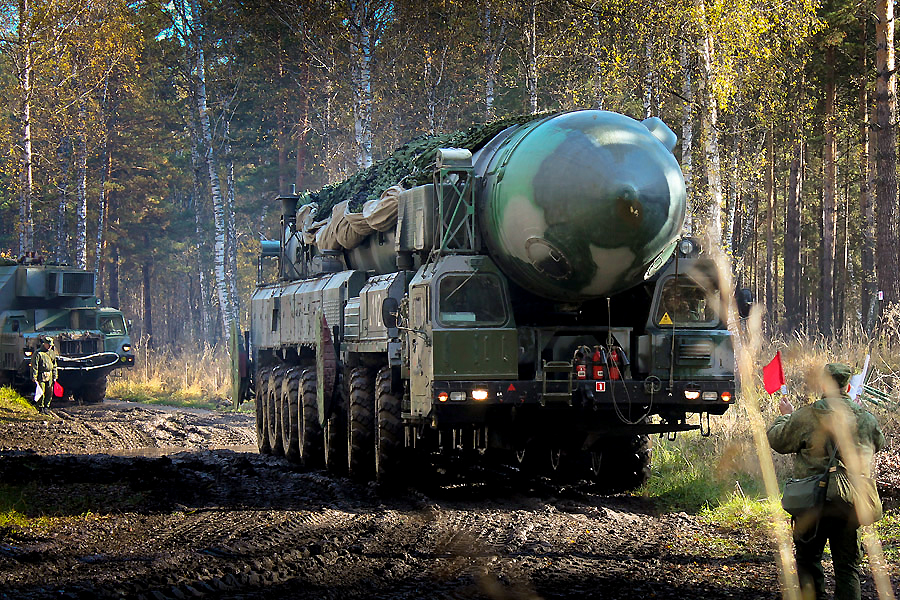
MOSCOW'S NUCLEAR BLACKMAIL AND UKRAINE'S STRATEGY
What makes our war different from others, what is its uniqueness, and how can we use it in the future? Of course, one could answer the question with one simple sentence: that the NATO military-political alliance and its allied countries still do not have a geopolitical solution regarding the Russian Federation in 2023 and are very much afraid of the abolishment of Putin's regime. This issue remains unsolved despite the evidence available of the criminal nature of the regime, almost daily terrorism, professing an open policy of genocide against the Ukrainian people, and a warrant for Putin's arrest.
Formally, the West and its partners explained this position by their fundamental reluctance to allow for a direct military confrontation between NATO and the Russian Federation. Besides, they claim, they beware the potential loss of control over the nuclear arsenal by the current leadership of Russia or the disintegration of the Russian Federation, which could also lead to uncontrollable consequences and possible access to nuclear weapons by unpredictable groups. Due to these reasons, since the beginning of the global war, Western capitals carefully listened to Moscow's nuclear blackmail and tried to "manage the military escalation". This was reflected in the decisions to support Ukraine purposefully and continuously, but not to the extent that the fall of the Moscow regime could take place.
The West's consistency was to ensure the clearing of the territories of Ukraine, that were captured after the invasion in 2022. It was that mission Ukraine was provided support for in 2023. That is why the summer offensive of the Defense Forces and its progress were carefully monitored by Western military experts. At the same time, the mission for Kyiv was assigned from the very beginning -- to reach the seashore and "to divide in half" the Russian groups in order to deprive them of the land corridor to Crimea. The Defense Forces were not armed to achieve a larger goal. Though, this mission did not limit the increased military-technical support in case of successful implementation of military tasks and the preservation of certain geopolitical circumstances -- "silence of the oppressed Kremlin lambs" and key players not interested in the fall of the regime, primarily China.
Ukraine could have got the latest arms packages in one more case -- if the risks and threats it faces increase dramatically. It seems that was the case. It was the slow rate of the offensive and the extremely difficult advance deep into the enemy's defenses that forced Washington in late August to soften its position as to the combat aircraft and to provide guarantees to the Netherlands and Denmark regarding their readiness to hand over the F-16s after the pilot training program is completed (a few days after the announcement of this decision Norway joined the donor countries as it switched over to F-35 aircraft from early 2022).
It is worth mentioning that this did happen all at once. Initially, the NATO allies tried to influence the exploitation of a success in the offensive through their experts and the media. In particular, in late July, representatives of several "brain trusts" noted "poor tactics and lack of coordination" in the Defense Forces. And in the first decade of August, American strategists maintained that the Defense Forces of Ukraine were too dispersed during the counteroffensive and should concentrate on the main direction – in the South of the country.
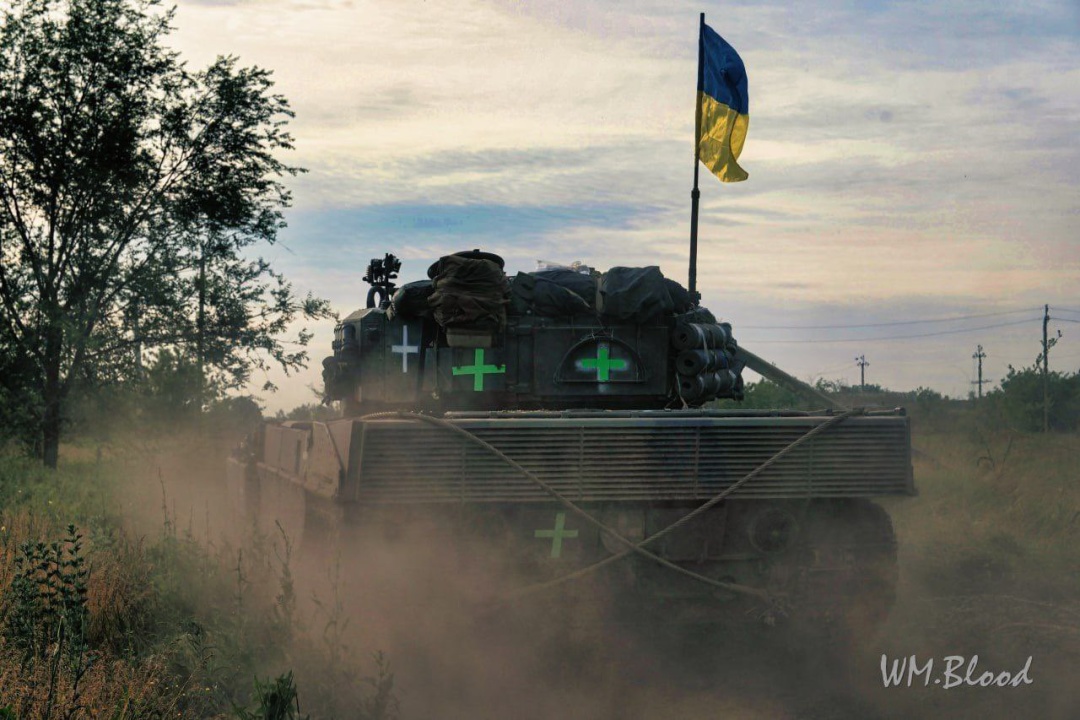
But the military command of Ukraine was adamant, partly because of the awareness of the danger of heavy losses. Moreover, at this time there were calls to revise the counteroffensive towards focusing on successive attrition of the enemy by high- precision munitions. General Zaluzhnyi and his brother-in-arms are very well aware of the fact that highly motivated, well-trained and experienced soldiers and officers are the capital resources that, unlike lost equipment, cannot be quickly replenished.
Once again, the old problem of apprehending the course of events of this war came to light. The difference in the vision of the de-occupation strategy lies in the fact that the idea of Western generals is shaped on the success or failure of the military operation, while for Ukrainian generals it is an all-out struggle for the survival of the nation and the free state. Therefore, the Commander-in-Chief of the Armed Forces did not take the maximum risk, despite the pressure and persistent attempts to impose a Western scenario.
Nevertheless, certain give-and-takes were reached. Western colleagues were obviously hinted at the "undersupply" of the offensive needs, recalling the April statement of the same commander of the US forces in Europe, General Cavoli, in which he suggested that the provision of Ukraine's offensive was about 98%. Thus, the decision to accelerate the transfer of F-16s showed up, although the time frame was set as late 2023 – early 2024. Accordingly, General Zaluzhnyi publicly assured Western partners that the Armed Forces are on the verge of a major breakthrough.
After the Ukrainian commander-in-chief’s assertion, the chairman of the US Joint Chiefs of Staff, General Millie, also supported his colleague in the media, noting that the offensive of the Ukrainian Defense Forces was going "slower than desired", but it was not a failure. Besides, Ukrainian troops had crossed the first main line of the enemy’s defense. The discourse on offensive strategy was exhausted.
But the different views of Ukrainians (here the government and society were holding the same views) and their Western partners on the problem of victory stood over. For Ukrainians (and here there is an absolute unity of the entire nation), the need to eliminate the Kremlin regime is obvious. It would be good to achieve a change in the political system and a nuclear disarmament of the Russian Federation, but in 2023 this is still an unrealizable dream. And basing on these views, there is an acute demand from the Defense Forces to acquire Western missiles and aircraft, the demand which assiduously has not been responded to.
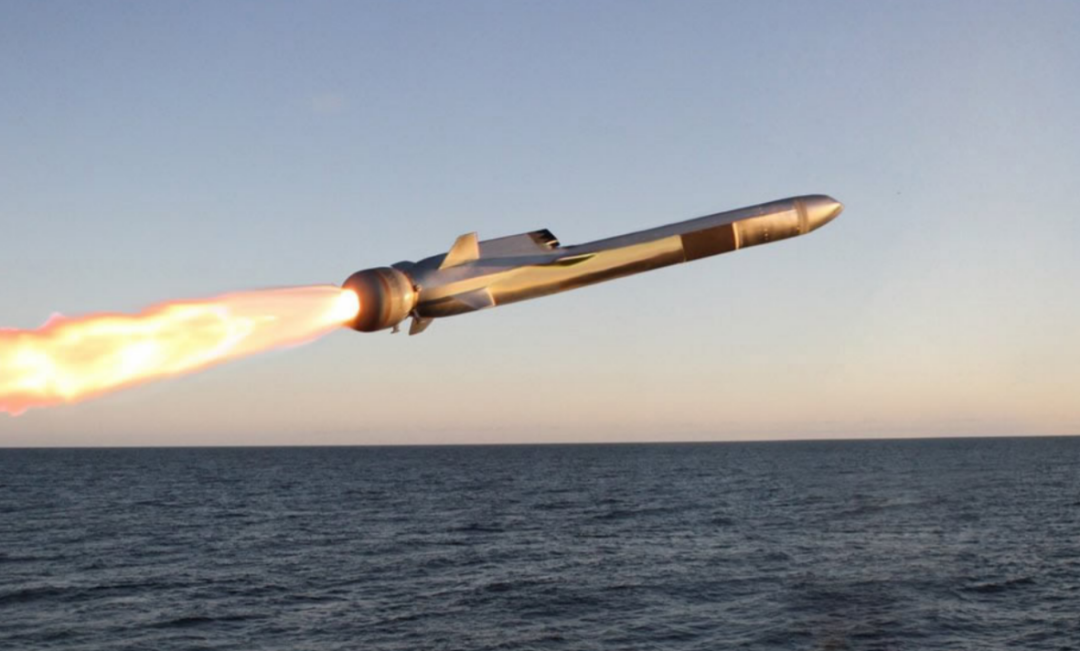
To maintain an all-round pressure on the Putin regime and its groups, Ukraine needs different missiles ranging from the long-awaited ATACMS surface-to-surface missiles to cruise missiles and the new NSM anti-ship missiles (with the assistance of the United States, the Ukrainian Navy could be replenished with a battery or even a division of the NSM Coastal Defense System). Let alone the attack helicopters and drones of operational-tactical and operational-strategic level indispensable for fire support of the offensive. Thus, the West openly demonstrates its lack of support for the de-occupation of Crimea and Donbass -- territories captured before the start of the full-scale invasion.
The military plane of the issue about the future of Ukraine still contains a weighty paradigm which consists in the inevitability of a new major war (or an "endless" continuation of the existing one) in the presence of an organized criminal group led by Putin in the Kremlin. That is why liquidation of the current government in the Russian Federation becomes a vital necessity for Ukraine. For the West, even for the developed part of the countries of the planet, this paradigm consists in the ability or denial to use the Ukrainian planetary node for maximum support to form a new world order and rules of international security.
Undoubtedly, the negative phenomenon of 2023 were the signs of a new wave of "spinning" through Western media resources of the idea of negotiations to end the wearisome, bloody Russian-Ukrainian war already in 2023. Regardless of the state of the Moscow regime, which has committed a series of international crimes, it cannot be forgiven or left unconvicted. Definitely, one of the vivid illustrations of the promotion of this thesis was the Bloomberg publication in late August 2023. It is significant that the article was presented as an opinion, but its author "authoritatively" promotes the following: "The counteroffensive was overestimated. ... Ukraine has no real prospect of returning Crimea or Eastern Donbas through military action. … Neither side will be able to win on the battlefield. …An awful lot of deaths before someone wins It is almost inevitable that if Putin falls, he will be replaced by someone just as unpleasant and just as committed to war. It is necessary to continue arming President Zelensky's nation in order to strengthen its position on the battlefield, because only when this goal is achieved can Moscow join meaningful negotiations ".
The key word is NEGOTIATIONS! There is no doubt about it. It seems that the dangers of a gushing series of such publications are obvious. Even more than that, they are synchronized with the general preparation of the ground. For example, US Senator Lindsey Graham via Twitter called on Kyiv's partners to provide the necessary assistance to hold elections in Ukraine even in wartime conditions.
Probably, part of the American political community is sure that if not Zelensky, then someone else will agree to negotiations and giving up Crimea and Donbas, at least for a certain time.
These days, in the context of increasing complications for the warring parties, Putin
was also mentioned. He signed a law making provision for 4.98 trillion rubles for "national defense" in 2023, or $52 billion at the current exchange rate. But according to a government document, that forecast was doubled to 9.7 trillion rubles ($101 billion). This is almost three times more than Russia spent on defense in 2021. That is, the economic burden as a constant rise in war financing should make Putin a greater supporter of negotiations.
This dangerous and false idea for Ukraine is reinforced by speeches and promises to significantly increase the supply of arms to Ukraine after the hot phase of the war is over. Simultaneously, the solution to the problem of de-occupation of Crimea is most likely put off until 2024, and even then it is conditional upon certain developments, like a change in Washington's position or a significant increase in Ukrainian production. In March 2023, the influential publication "The Hill", citing a US intelligence officer, wrote that perhaps the Biden Administration sees the sense in keeping Crimea under threat (that is, under threat of attack, but not liberated from the Russian occupiers) to put pressure on the Russians and force them to sit down at the negotiating table. And it appears that the position of the American authorities during 2023 has not undergone any changes.
At the same time, there are many indications that pressure on the Ukrainian authorities is taking place. Zelensky was forced to "hedge" by resolutely denying any compromise actions to freeze the war: on August 24, 2023, the Verkhovna Rada of Ukraine legislated a ban on ceding Ukrainian territories to end the war.
DEVELOPMENT OF DEFENSE POTENTIAL
In order to have a strong military hold over the aggression of the Putin regime, it is necessary to have decisive advantages over the occupying groups -- not so much in the number of personnel and equipment, but in the technological effectiveness of weapons. It is also extremely important for the organization of the post-war confrontation, as this phase of the war can be no less brutal or bloody. After all, it is apparent to everyone that taking Russia's ability to wage war into account, it will continue to scorch cities, and in the event of a war approaching, it will carry out a policy of genocide against the Ukrainian people.
Therefore, for Ukraine, the problem of ending the war is not so much an issue of complete de-occupation, but the ability to ensure the capabilities of mirror missile and drone attacks on Russian infrastructure facilities against the background of an active search for political solutions to end the war. Because it is only after the complete liberation of the territories that the issues of the negotiations can have a different context and cover the implementation by the G7 countries and NATO of their obligations to support Ukrainian strategies for the development of defense potential and ensuring a technological disengagement from the hostile country.
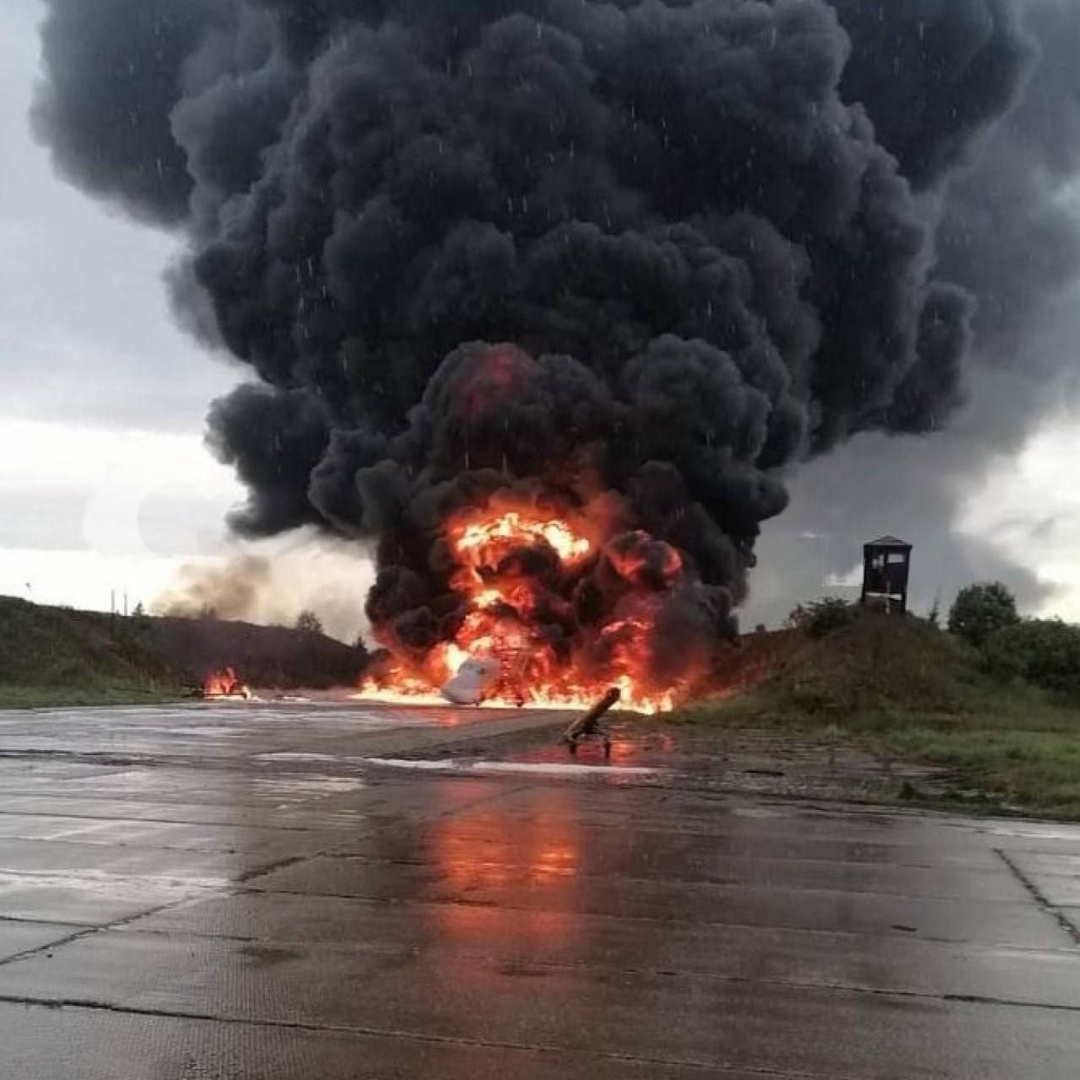
This is a minimum plan, although under certain conditions it may bring the fall of Putin's regime as a result of economic and technological exhaustion, depletion of the resources of the Russian Federation necessary for the war. The first condition can come about suddenly, become an uncontemplated event for the world. The second condition requires many prerequisites, including the introduction of a complete embargo on the supply of any goods to Russia, except for food and medical supplies. After all, the world must realize the following: breaking the teeth of the Moscow snake is not the whole war. It is still necessary to maximally deprive the snake of the opportunity to replenish resources.
Probably, the greatest paradox of the 21st century is the lack of effective mechanisms of impact of the world community on aggressive, totalitarian authorities. As a result of this and due to the retardation of the restructuring of the planetary security structure, most countries of the world chose the path of building-up their defense capabilities, some demanded nuclear weapons. The Stockholm International Peace Research Institute (SIPRI) has already recorded the largest increase in military spending in the world during 2022, with the United States of America, China and Russia accounting for 56% of the global total. Also, due to Russia's attack on Ukraine in 2022, Finland (+36%), Lithuania (+27%), Sweden (+12%) and Poland (+11%) sharply increased their military budgets. Ukraine's military expenditures in 2022 increased by 640% of GDP compared to 2021. In fact, the Russian Federation not only returned to the formats of the middle of the 20th century, but also dragged a significant part of other countries with it.
For Ukraine, which has faced the biggest challenge in the last hundred years, the new times contain a unique window of opportunity. Will the nation be able to realize the potential that has been opened up by the global continental war? It is clear that the level and volumes of Western investments in Ukraine in 2022 and 2023 have become so voluminous that the partners will not dare to give up further support or significantly reduce it -- the fall of Ukraine would be a total defeat for the West. But how can the partners be compelled to significantly increase the support and make it more qualitative?
The Ukrainian nation has three parallel opportunities for political and military strengthening: the first is related to the maximum increase of the conventional defense potential, the second involves obtaining full membership in NATO, the third means participation in the creation of a new world order with a significant accretion of the national role in all geopolitical processes. All these possibilities are interrelated and are not mutually exclusive. However, every possibility has its limitations. For example, the war of 2022-2023 demonstrated that Ukraine could achieve a powerful defense potential only by relying on its own defense and industrial capabilities. This should be realized in the context of the categorical refusal of the partner countries to agree to the use of Western-made weapons for strikes on the territory of Russia. So, if the issue of a complete liberation of Ukraine from the Moscow occupiers can still be based on the assistance of the Western countries (perhaps not all, but only some), then the destruction of Putin's regime is a task that is assigned to Ukraine.
In this context, it is important to emphasize that there have been positive changes in the way the current Ukrainian authorities mentally perceive the situation. To develop its own defense potential, Zelensky's team has not used the four years of the presidential term in the best way, but in 2023 it began to rapidly make up for the lost time. In August 2023, a new Ukrainian missile destroyed the modern Russian S-400 Triumph air defense-missile defense system in occupied Crimea by a precise hit. The Ukrainian defense-industrial complex has organized the production of missiles and a number of NATO-style weapons and began scaling up the production of Ukrainian weapons.
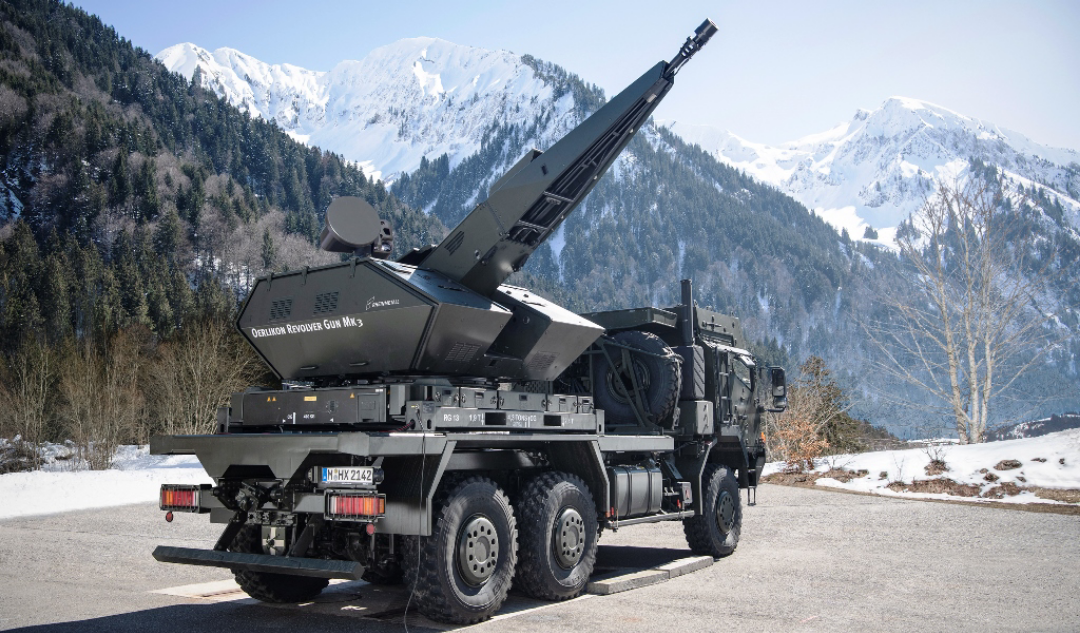
Many more possibilities have opened up thanks to the scheduled projects of military- technical cooperation with NATO countries. Cooperation with the Turkish company Baykar, the British company BAE Systems, the German concern Rheinmetall opens up huge opportunities. In particular, this is a combined creation of attack drones, which can strategically strengthen the defense potential of Ukraine, and Skynex surface-to-air missile systems mounting a 35-mm gun, missile boats for the Ukrainian Navy produced with Great Britain (boats of the Mosquito fleet of Ukraine can be armed with state-of-the-art NSM anti-ship missiles).
REALIZATION OF THE UKRAINIAN DREAM THROUGH SECURITY AGREEMENTS
The war opened up the floodgates not only for political support and obtainment of military technical assistance, but also for acquiring new defense technologies to create modern weapons. Such a level of the military-technical cooperation will have a double meaning: in addition to the direct acquisition of new weapons, the technological distance from the enemy will also grow, and this can be considered another, additional, type of guarantee. Finally, the ultimate value of technological superiority over the adversary lies in the preservation of human potential. This is the most important thing for Ukraine today and in the future.
Ukraine cannot waste human resources "according to the Soviet, Zhukov-style principle", therefore it is necessary to take people away from the battlefield as far as possible, and to transfer the load to technologies, so that robots should be the primary weapons to engage the enemy in defense and programmed machines should attack the enemy. The human resources of the Russian Federation are incomparable and unlimited, especially under the conditions of a strange degradation of the Russian society, oriented to the "will of the tzar", even unskillful, cynical and ready to consider his subjects as cannon fodder.
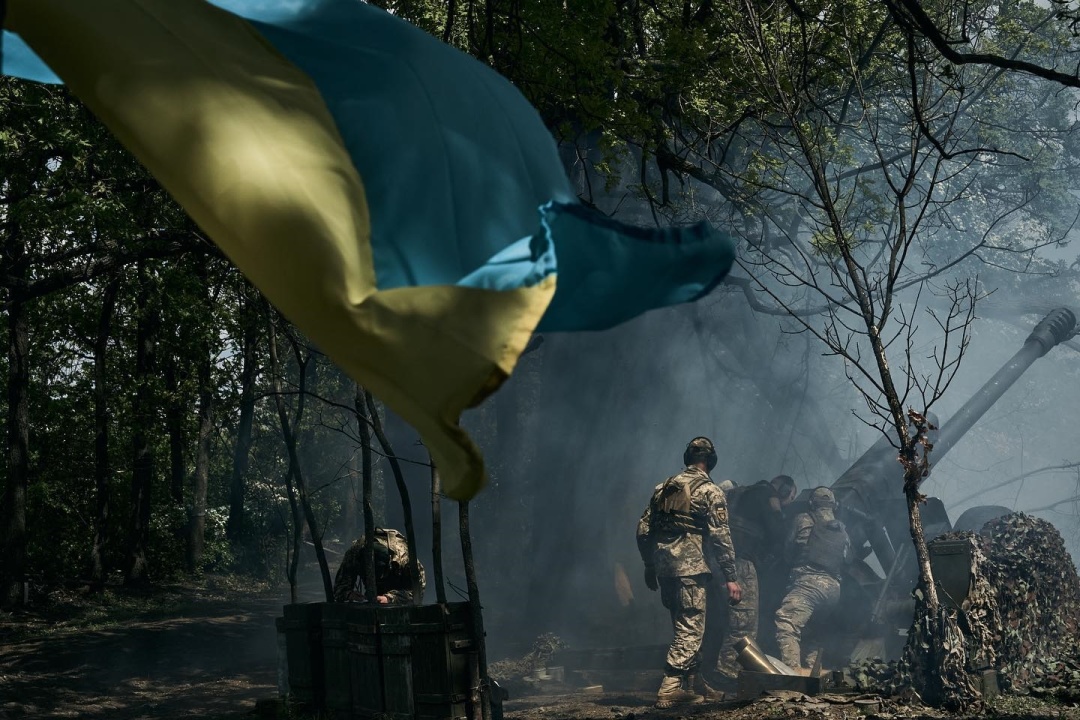
In 2023, Western countries began to be more aware of the military danger and global challenge of Putin's Kremlin. If in 2022 only official London spoke about the growing war danger for Europe, then in 2023 such statements sprang up. For example, in August, the Minister of Defense of the Netherlands, Kaisa Ollongren, expressed confidence that Russia would not stop in Ukraine, and there was already a threat to EU and NATO countries.
Another element of deterring Russia is technological. However, in 2022 and 2023, technological deterrence was dormant. As a result of smuggling and having many secret partners, Moscow managed to provide not only support, but also the development of weapons production. But if the G7 countries, and in the future the EU and NATO countries, made up their minds and introduced the already mentioned complete ban on exports, then the example of treating the Russian Federation as a violator of international security rules would be a model of comprehensive influence on any country that threatens the world or part of it
Such a model would contain comprehensive political, economic, technological, military and informational pressures. This formula could contribute to the realization of "Ukrainian dreams" -- a change in the political system in the Russian Federation and the nuclear disarmament of the aggressor country. It would also end the era of nuclear confrontation and set an example for China, North Korea and Iran. Ukraine would become one of the main players in the formation of a new security structure of the world.
How can such a "distant" goal be achieved? It seems that alongside the development of defense potential, Kyiv should move towards the fulfillment of several political tasks. The first one is bilateral security agreements. This is not a story about security guarantees, but direct assistance. The USA, Great Britain, Germany, Japan, individually the G7 countries, NATO and the EU are a dimension of special opportunities.
In late August 2023, President Zelensky expressed assurances that Ukraine would receive security guarantees from the US similar to Israeli ones. "The Israeli model. With the United States of America, we will certainly have such a model. Israeli model, where there are weapons, technologies, training, finances, etc.” -- he said. The agreement was pending ratification by Congress. If the level of annual aid to Israel is about 3 billion dollars, and other players would provide similar opportunities, such an important component of Ukraine's victory as the availability of resources would be fully guaranteed.
The availability of high-tech weapons for effective resistance, domestic missile and drone swords for dealing mirror strikes against the enemy targets in the depths of the hostile territory, sufficient resources and the unconditional political support of the democratic, developed world -- these are the components required for ending the war after the complete liberation of the territories from the Putin's plague. The futility of continuing the war should become the main argument for the Kremlin.
Volodymyr Horbulin, first vice-president of the National Academy of Sciences of Ukraine, academician
Valentyn Badrak, director of the Army Center for Research, Conversion and Disarmament
Printed sources:
From Cold War to Hot Peace: American Ambassador to Putin's Russia / Michael McFaul; trans. from English Oleksiy Chupa, Halyna Vasylenko. - Kyiv: Yakaboo Publishing, 2021.
Volodymyr Horbulin, Valentin Badrak. On the edge of a precipice. 200 days of the Russian war. - K.: Bright Books, 2023.

